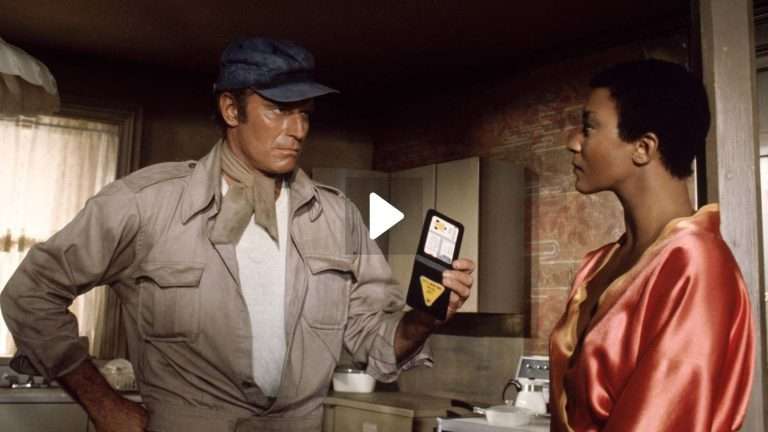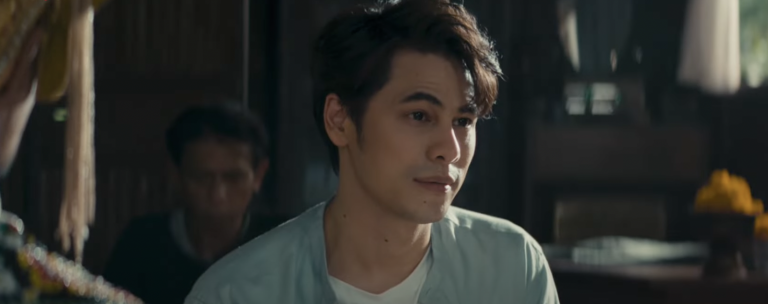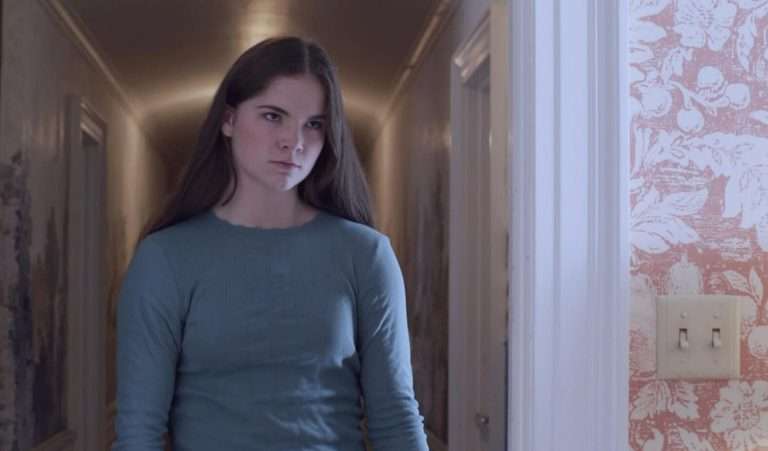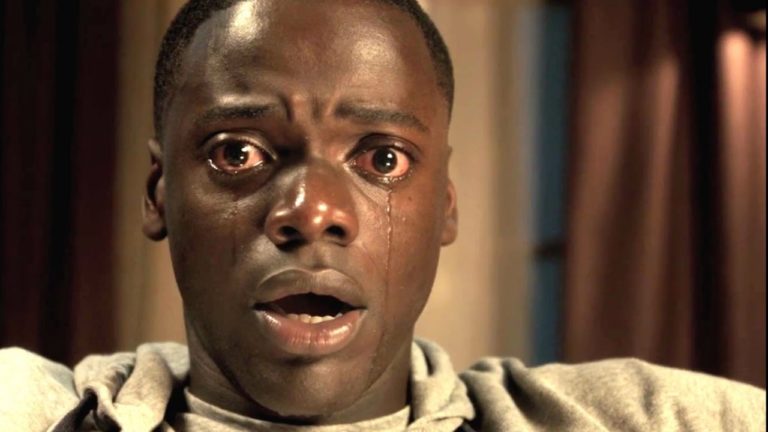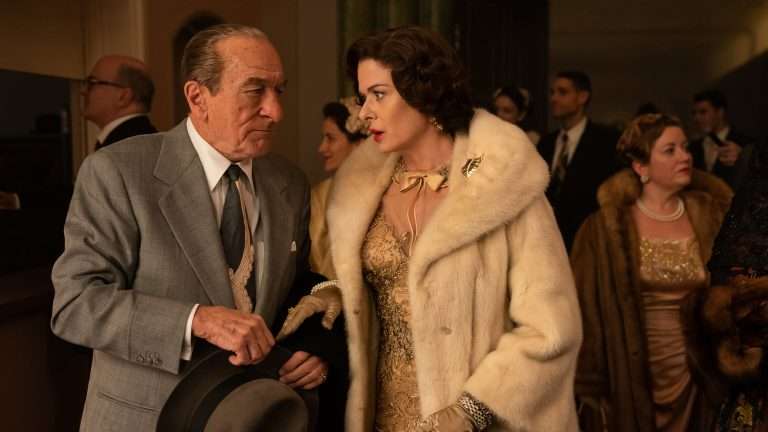“Daniela Forever” (2024), written and directed by Nacho Vigalondo, follows a man trying to relive the memories of his lost love. In part, it’s a tender drama about him, trying to process the loss of his girlfriend. In part, it’s a bleak sci-fi tale about an experimental drug that helps him have lucid dreams.
The film employs all its genre elements to analyze the universal themes of love, desire, and loneliness. Through the eyes of a grief-stricken and remorseful man, it implores us to consider its existential queries. It looks and feels pretty, but underneath its neon-drenched beauty lies a truth that feels urgent.
So, even in the physical absence of his girlfriend, it offers a neat analysis of attachment styles that can make or break a relationship. After going through a whirlwind, he learns to accept what he cannot control. Yet, the ending is quite ambiguous. It invites interpretation about his reality and fate. To understand what it all means, let’s break down its intricate plot.
Spoilers Ahead
Daniela Forever (2024) Plot Summary & Movie Synopsis:
“Daniela Forever” is Nacho Vigalondo’s latest directorial feature that follows Henry Golding as a man trying to get over the loss of his recently deceased girlfriend. For the shoot, the director employs a 4:3 aspect ratio and two different recording styles to convey the man’s dissonance from the world. The film uses cleaner footage to show the man’s dreams, while grainy, pixelated footage (like a home video) is used to show his reality.
What happens in Daniela Forever?
The film opens with Nicolas (Henry Golding), a British musician, DJing at a club in Madrid. He locks eyes on Daniela (Beatrice Grannò) dancing in the crowd. After the set, his friend tells him that she can’t stop looking at him. So, he walks up to her, while his friend, Garrido (Rubén Ochandiano), bores her with his drivel. Garrido thinks she shouldn’t have moved from Italy to Spain, considering the country’s recent history. As it happens, Nicolas realizes something strange. Unlike him, Daniela, or everyone else at the club, Garrido looks luminous — almost as if he is in daylight while everyone else is at night.
It upsets Garrido, who storms out. Soon, Daniela joins Nicolas on a ride back to his place. They spend the night together and get into a relationship. Everything feels bright and charming until suddenly, it doesn’t. Nicolas wakes up in the same apartment, yet it is untidy and decidedly gloomier. It’s almost like someone sucked the life out of it.
As it turns out, that’s his reality. He loses Daniela to a tragic accident. Since then, he has been living alone and struggling. His friend, Victoria (Nathalie Poza), realizes that and suggests that he speak with a therapist. That feels futile to him. So, she decides to help him with a different approach.
Victoria tells him about an experimental clinical procedure that lets you have lucid dreams with a pill. She says she used it to cope with her traumatic divorce. The pill can help him relive your past. That’s why she suggests he try it to see if it helps him get over his emotional dependence on Daniela. Nicolas decides to give it a shot. At least this way, he can be with Daniela.
What happens to Nicolas during the clinical trials?
Upon Victoria’s suggestion, Nicolas agrees to enter the clinical trial. It requires him to partake in a month-long procedure where he must take the experimental pills to experience lucid dreams. He is also required to sign a document, agreeing to share every single detail he sees in his dreams. However, he betrays their trust from the very first session. He doesn’t read a note as he is supposed to, and still enters the dream. It takes him to a grey, liminal space, where he sees Daniela sitting on a chair. After waking up, he says that he saw himself as a child.
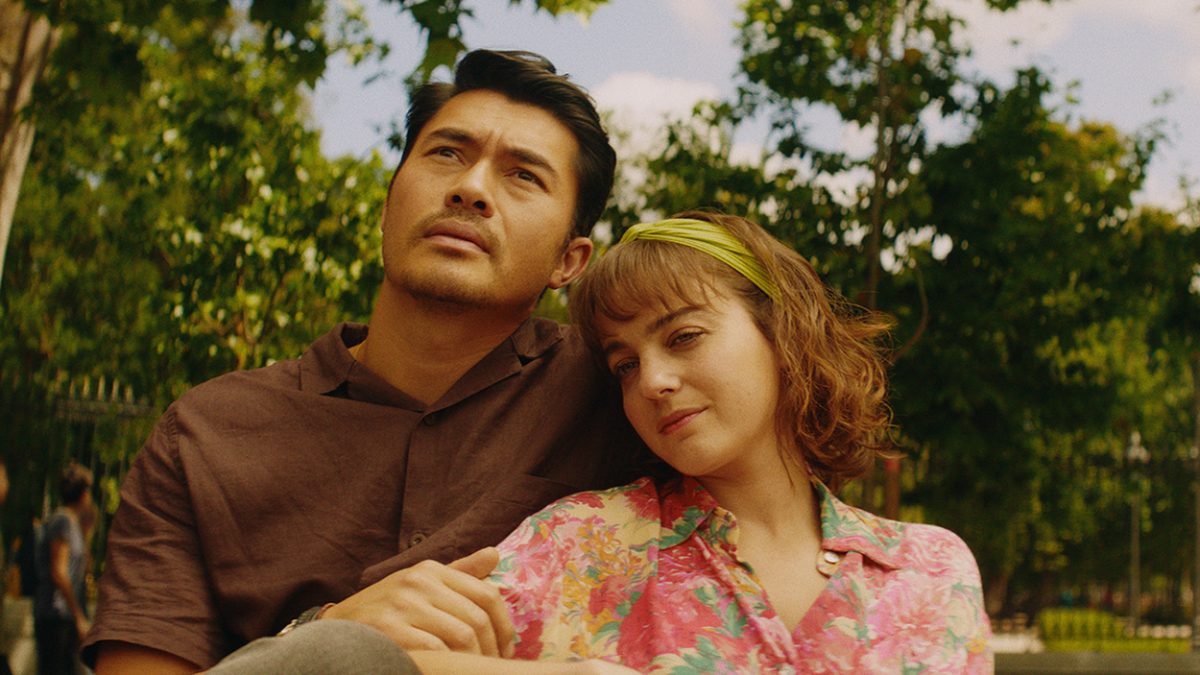
Nicolas keeps lying to the doctors about his dreams while using their pills to reunite with Daniela, which cheers him up. However, there’s a catch. He cannot imagine a part of the world he hasn’t actively noticed. That means, in his lucid dreams, he cannot pick a book if all he recalls is the sight of the bookshelf. He wouldn’t realize what’s outside a window if he had never opened it in real life. It gets even more complicated. His mind starts feeling the gaps for things he cannot remember with a grey, cloudy texture. So, if he hasn’t seen the wall behind a poster, it turns grey. If he cannot remember a part of the town, it turns grey.
How do the lucid dreams affect Nicolas?
Initially, Nicolas can’t get enough of the lucid dreams. He can control every part of his dream the way he wants. He can freeze a person if he wants to or build something from scratch in seconds. All he needs is a real-life memory to replicate it in his dreams. So, he quickly gets addicted to these reconstructions. He keeps retreating to the dreams to be next to Daniela.
Slowly, his carefully calibrated world unravels as she stops doing what he wants her to. So, to him, she doesn’t seem pleasing or agreeable. On one side, that makes her seem livelier and more human-like, while on the other, it brings the baggage of human companionship.
Nicolas doesn’t seem remotely ready for this change. It affects their otherwise picture-perfect relationship, which reminds him of Daniela’s ex-girlfriend, Teresa (Aura Garrido). During one of his dreams, he sees Daniela holding a pay slip from a local cafeteria. He takes her there so she can be with Teresa. It brings him to a painful realization that his world is expanding. He starts seeing things beyond the grey, cloudy walls that he hadn’t seen before, in his dreams. That unnerves him. In real life, the doctors realize that he has been lying in his medical reports. So he might also need to end the trial soon.
While in panic, he enters a dream where Daniela tells him about her feelings for Teresa. She says she still hasn’t gotten over her. Nicolas cannot bear the thought of losing her. So, he manipulates her into forgetting her memories of Teresa. He believes, at least this way, she will always be in love with him. Instead, it makes matters even worse.
Daniela Forever (2024) Movie Ending Explained:
Does Nicolas make peace with Teresa?
Toward the film’s end, Nicolas realizes that he has only one pill left. So, in a dream, he breaks into the clinic and steals all the tablets. Soon, he wakes up from his dream and returns to reality to find gaps in his visual memory turning into grey walls — the same way they did in his dreams. So, once again, he retreats to his dreams and exhibits her work in a gallery. He offers her the kind of love and recognition she wanted when she was alive. However, it doesn’t please her. Instead, it terrifies her. To make matters worse, she bumps into Teresa, but cannot recall who she is.
Nicolas makes Teresa vanish in front of Daniela’s eyes, which terrifies her. He immediately takes her somewhere else where she might be happy. He suddenly takes charge of Garrido’s house and makes him disappear as well. Nicolas thinks the house will finally make Daniela happy. That doesn’t help either. So, he returns to reality and meets Teresa while his world is (literally) at a standstill. He apologizes to her and feels that Daniela would have been alive if she had never met him. Teresa relieves his burden, telling him that she wasn’t an ideal partner to Daniela either. After she and Daniela broke up, she kept calling her, obsessively.
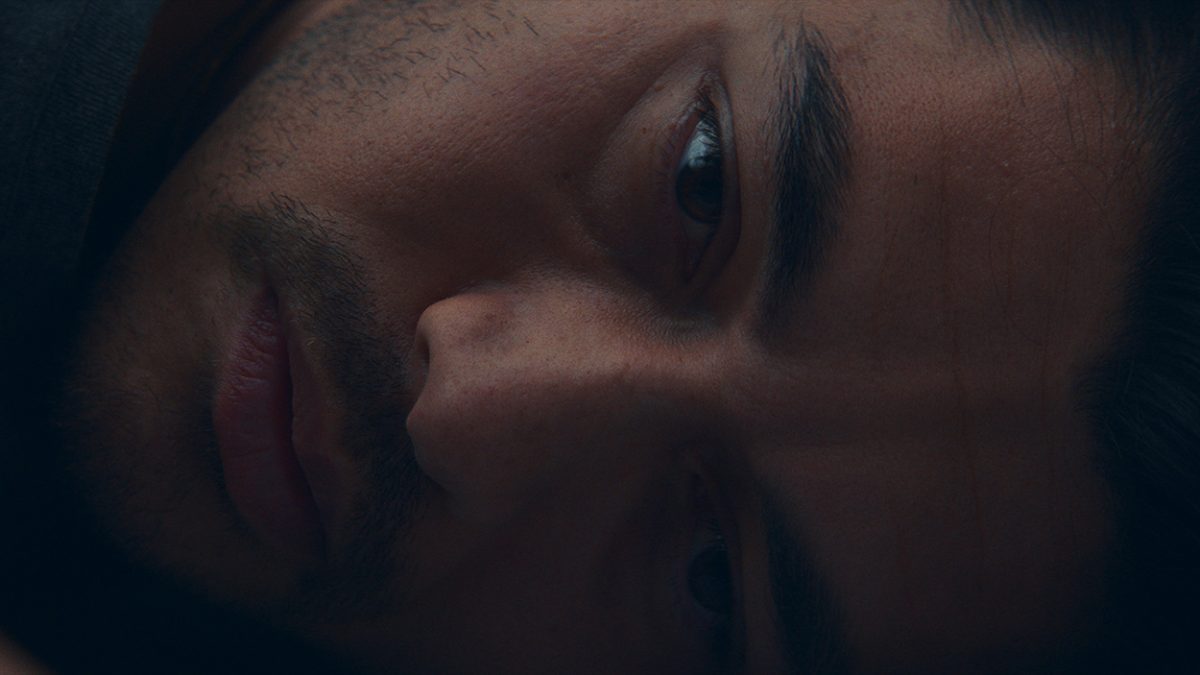
Anyhow, in the present, she and Nicolas reconcile. Then, the very next moment, they find themselves soaked in neon lights (like the ones in the nightclub), out of sync with the world around them. He soon returns to his dream to find Daniela has vanished.
Does Nicolas find a way ahead?
With Danila gone, Nicolas returns to reality, filled with grey walls. For him, those are blank spaces of overwhelming uncertainty in a life without her. He may have made peace with Teresa, but he still needs to be truthful about what he is going through. That’s why he returns to Victoria to ask what he should do with his miserable life when he doesn’t even know what to dream.
As a response, Victoria hands him a note, claiming he wrote it. In the following montage, we see Daniela reuniting with Teresa and getting into a relationship with her. They look happy and leading a life they could have if Nicolas hadn’t gaslighted her (as implied earlier). One morning, Daniela has a dream that takes her into a liminal space (the kind Nicolas saw in his first lucid dream). There, she sees him and sheds a tear. This open-ended conclusion can lead to multiple interpretations about their fates. Here’s one of them.
What is Daniela Forever really about?
The crux of the film’s conflict lies in the title itself. Nicolas wants Daniela to be with him forever. So, the thought of that being unattainable crushes his soul. He cannot picture her anywhere but with him. That’s what led to a potential rift between them before her tragic accident.
Based on what we see, she had told him about Teresa, which may have upset him, because he couldn’t bear the thought of their relationship coming to an end. Eventually, the relationship does end, but on a tragic note that compels him to reflect on his past. That’s why, in the final moments, we see him finally (seemingly) accepting that she cannot be with him forever.
What we see in the climax almost feels like him, communicating with her from the other side, while she is in an alternate reality, leading a life she once desired. He realizes that it would have been possible when she was alive. In that version of reality, she is happy, instead of being stuck somewhere where she feels out of place. This idea of feeling out of place also ties in with one of her artworks, which shows a human figure in daylight against a backdrop of the night. It also has a connection with her underlying anxieties about being an Italian woman living in Spain as an illustrator, while feeling like a creative fraud.
Daniela Forever (2024) Movie Themes Analysed:
Grief and Emotional Co-dependency
On the surface, “Daniela Forever” feels like a drama solely about grief. After all, it is about Nicolas trying to be with Daniela again. He clearly has not been doing well since her loss. His friends try to help him move on with his life, but he, at least secretly, blames himself for what happened to her. He feels that she wouldn’t have been in that accident if not for him.
However, the blame stems not only from his grief but also from his regrets. As the film progresses, we start seeing its possible roots in his attachment style. We see the cracks in their relationship as he tries to control every little aspect of their relationship in his lucid dreams.
He appreciates her only when she behaves a certain way. If she doesn’t act as per his whims or even occasionally be distant, he doesn’t appreciate that. He doesn’t like it when their world expands, even if it reflects her desires. This emotional co-dependency is at the root of his misery. Through his existential crisis, the film also implores us to consider the very nature of human experience.



